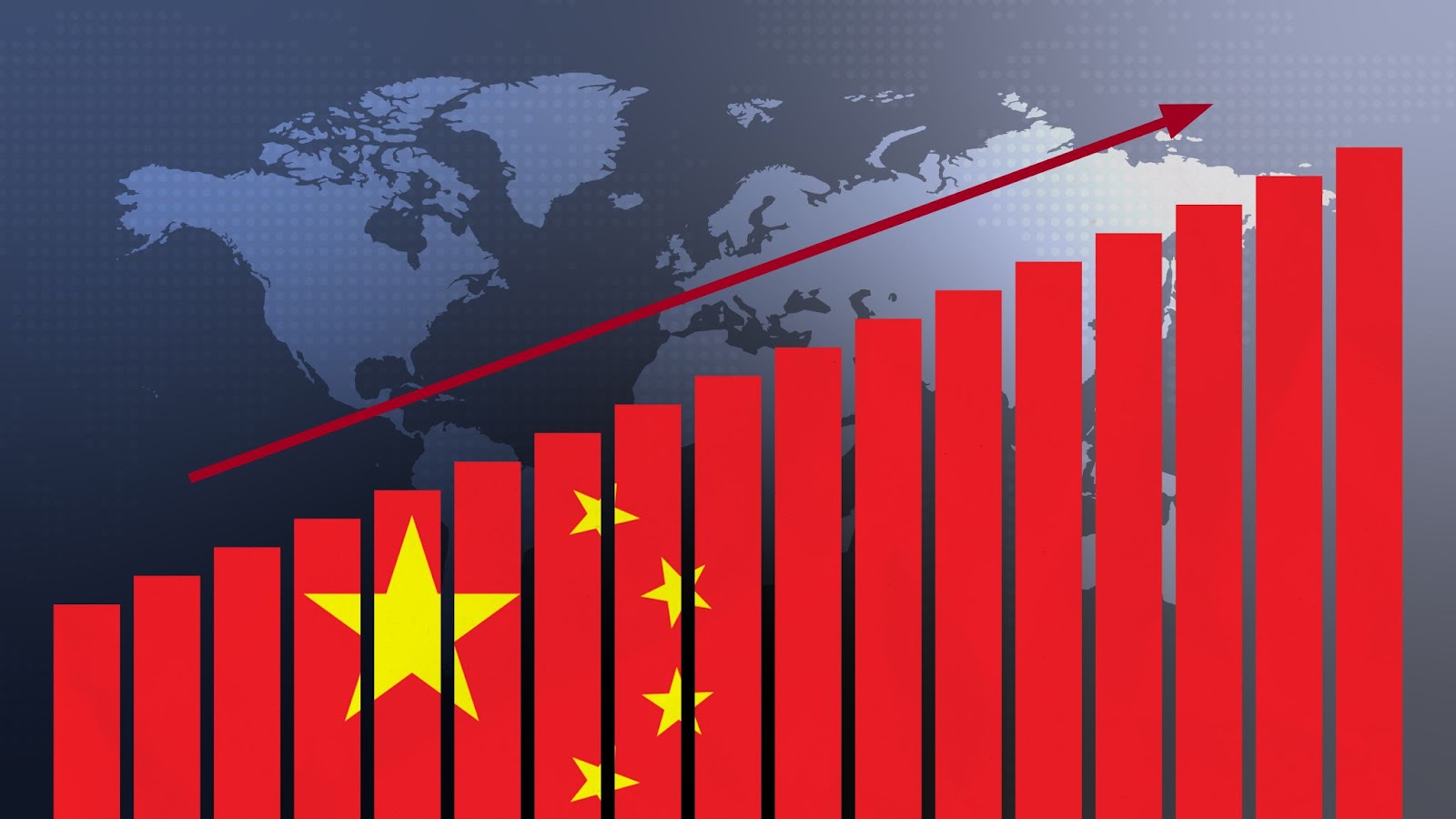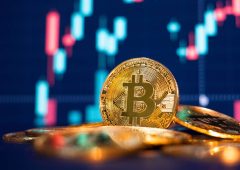China’s Major Stimulus Boosts Markets, Signals Strong Economic Growth
30.09.2024 13:00 1 min. read Alexander Zdravkov
On Tuesday, Pan Gongsheng, the Governor of the People's Bank of China, revealed a set of economic stimulus measures, marking what some economists view as the central bank's largest intervention since the Covid-19 pandemic.
Just days later, on Thursday, China’s Politburo announced that more actions are being considered to boost the economy, pushing the Hang Seng Index to a one-year high.
By Friday, the Hang Seng Index had risen 13% from the previous week, reflecting growing optimism around China’s economy. This surge in sentiment has also sparked renewed interest in exchange-traded funds (ETFs) focused on Chinese stocks, as covered in this week’s ETF Wrap by Isabel Wang. Experts weighed in on how these stimulus measures might affect the investment landscape.
Meanwhile, the S&P 500 continues its strong performance, having gained over 20% so far in 2024, following a 24% rise last year. This two-year streak, reported by Joseph Adinolfi, could have significant implications for investors as they plan ahead.
Additionally, Aarthi Swaminathan spoke with Adrianne Todman, acting secretary of the U.S. Department of Housing and Urban Development, about new efforts to expand housing availability. In related news, tax-exempt municipal bonds linked to Brightline rail service from Miami to Orlando are offering enticing coupon rates, some as high as 12%.
-
1
Billionaire Slams Meme Stock Hype and Sounds Alarm on U.S. Fiscal Health
15.06.2025 18:00 2 min. read -
2
Robert Kiyosaki Predicts 2025 “Super-Crash,” Urges Hoarding Gold, Silver, and Bitcoin
23.06.2025 13:31 2 min. read -
3
Nassim Taleb Says Global Trust Is Shifting from the Dollar to Gold
22.06.2025 17:00 1 min. read -
4
Billionaire Investor Sees Dollar Crash If Key Support Breaks
18.06.2025 15:00 1 min. read -
5
Geopolitical Shockwaves Hit Ethereum Hard While Bitcoin Stays Resilient
22.06.2025 16:21 1 min. read
Robert Kiyosaki Predicts When The Price of Silver Will Explode
Robert Kiyosaki, author of Rich Dad Poor Dad, has issued a bold prediction on silver, calling it the “best asymmetric buy” currently available.
U.S. PCE Inflation Rises for First Time Since February, Fed Rate Cut Likely Delayed
Fresh data on Personal Consumption Expenditures (PCE) — the Federal Reserve’s preferred inflation gauge — shows inflation ticked higher in May, potentially delaying the long-awaited Fed rate cut into September or later.
Trump Targets Powell as Fed Holds Rates: Who Could Replace Him?
Federal Reserve Chair Jerome Powell is once again under fire, this time facing renewed criticism from Donald Trump over the Fed’s decision to hold interest rates steady in June.
U.S. National Debt Surge Could Trigger a Major Crisis, Says Ray Dalio
Billionaire investor Ray Dalio has sounded the alarm over America’s soaring national debt, warning of a looming economic crisis if no action is taken.
-
1
Billionaire Slams Meme Stock Hype and Sounds Alarm on U.S. Fiscal Health
15.06.2025 18:00 2 min. read -
2
Robert Kiyosaki Predicts 2025 “Super-Crash,” Urges Hoarding Gold, Silver, and Bitcoin
23.06.2025 13:31 2 min. read -
3
Nassim Taleb Says Global Trust Is Shifting from the Dollar to Gold
22.06.2025 17:00 1 min. read -
4
Billionaire Investor Sees Dollar Crash If Key Support Breaks
18.06.2025 15:00 1 min. read -
5
Geopolitical Shockwaves Hit Ethereum Hard While Bitcoin Stays Resilient
22.06.2025 16:21 1 min. read


